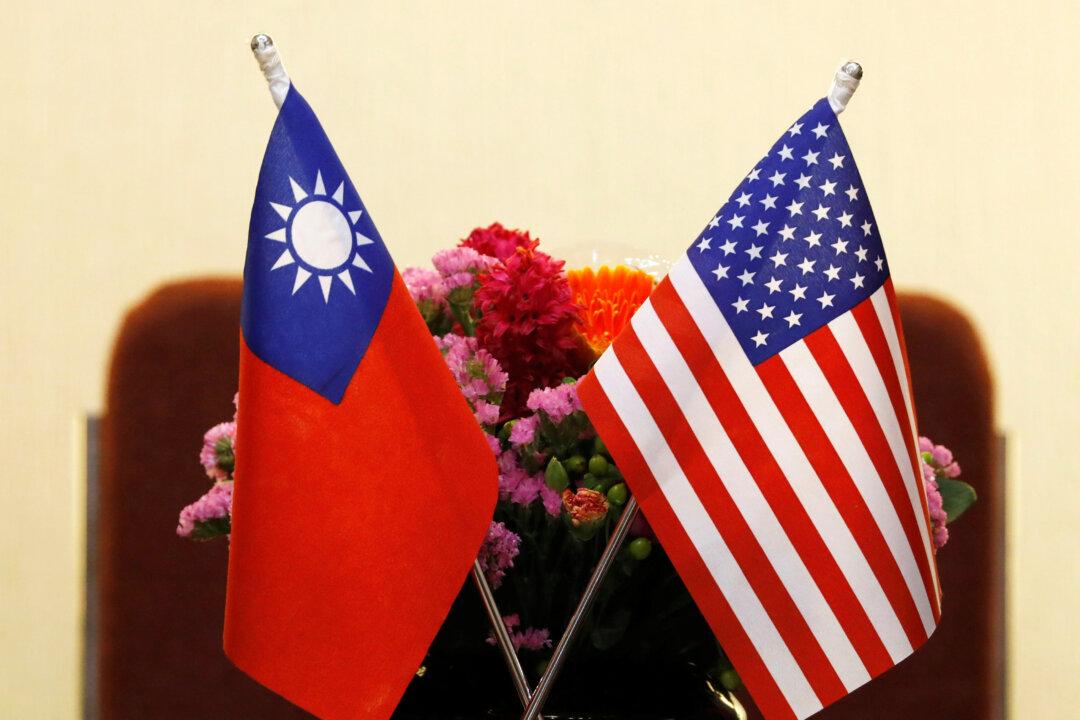The majority of the American public supports a range of U.S. policies in support of Taiwan, including the acknowledgment of its independence and sending troops to the self-ruled island if China invades, according to a recent poll.
For the first time, a slim majority (52 percent) of Americans now favor sending U.S. troops to defend Taiwan, according to a poll from The Chicago Council on Global Affairs released on Aug. 26. The poll, conducted in July, draws from a sample of more than 2,000 U.S. adults from 50 U.S. states and the District of Columbia.




